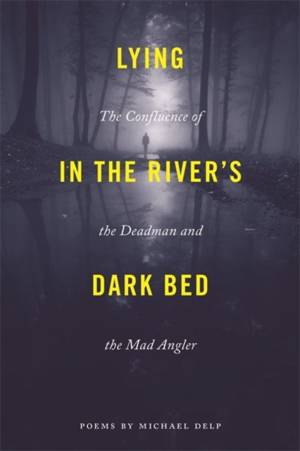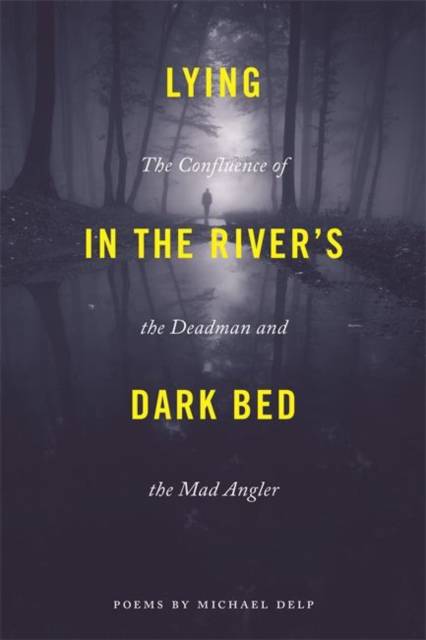
- Retrait gratuit dans votre magasin Club
- 7.000.000 titres dans notre catalogue
- Payer en toute sécurité
- Toujours un magasin près de chez vous
- Retrait gratuit dans votre magasin Club
- 7.000.0000 titres dans notre catalogue
- Payer en toute sécurité
- Toujours un magasin près de chez vous
27,45 €
+ 54 points
Description
A collection of fifty-six poems that brings together two characters Michael Delp has been perfecting for years: Deadman and the Mad Angler. The Deadman, a spirit that constantly shifts, is one part troublemaker, one part truth-teller, and one part demon. The Mad Angler could be called the Mad Shaman or Mad Activist, as he speaks of the water and nature and then of the greed of man.
Spécifications
Parties prenantes
- Auteur(s) :
- Editeur:
Contenu
- Nombre de pages :
- 96
- Collection :
Caractéristiques
- EAN:
- 9780814341988
- Date de parution :
- 30-04-16
- Format:
- Livre broché
- Dimensions :
- 152 mm x 229 mm
- Poids :
- 151 g

Les avis
Nous publions uniquement les avis qui respectent les conditions requises. Consultez nos conditions pour les avis.






